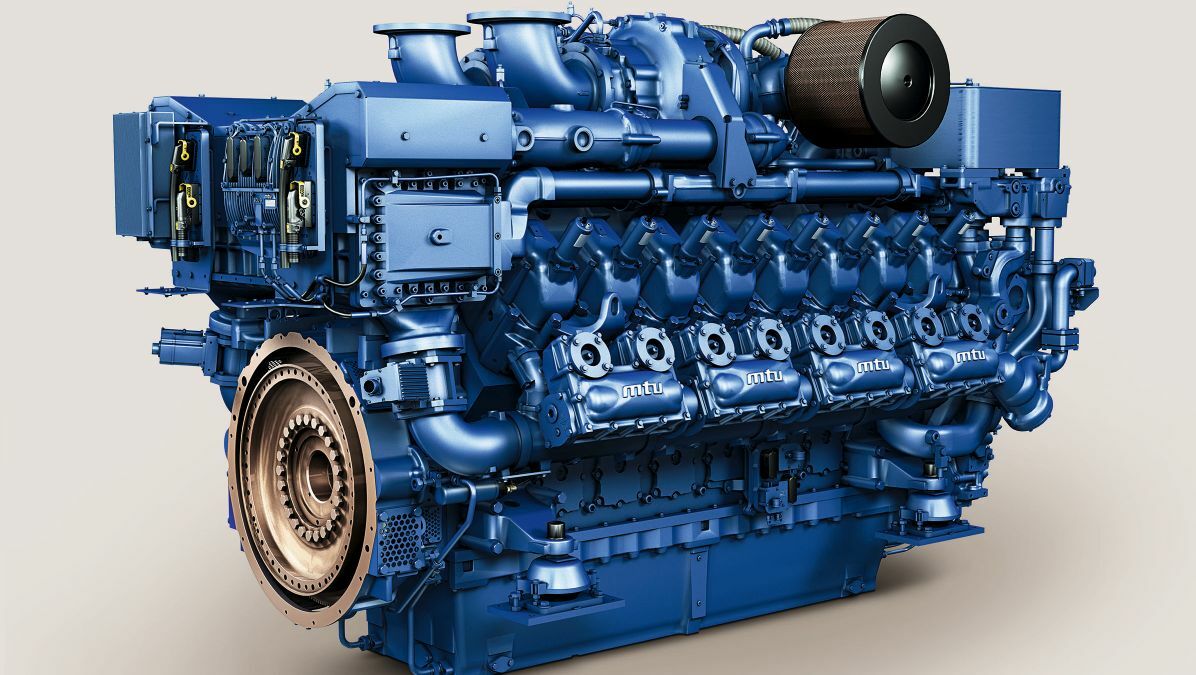A Total Overview to Selecting the Right Engine for Your Task
Selecting the proper engine for your job is an important choice that can considerably affect its overall success. It is important to thoroughly specify your task needs, evaluate performance requirements, and think about user-friendliness together with various other crucial aspects. In addition, comprehending the area support offered and inspecting expense effects can additionally improve your selection. Each of these aspects plays a crucial role in making sure that your picked engine not just satisfies instant goals yet likewise lines up with lasting desires. As we explore these considerations, you may discover that the nuances of each aspect disclose even more than at first expected.
Specify Your Project Requirements
Specifying your task requires is a vital action in selecting the suitable engine for successful implementation. A thorough understanding of your task's purposes will lead you in recognizing the capacities and attributes needed from an engine. Begin by outlining the range of your task, consisting of the desired functionality, target audience, and the details outcomes you aim to accomplish.
Next, take into consideration the technical requirements that align with your job objectives. This includes assessing the compatibility of the engine with existing systems, in addition to the programs languages and frameworks that will certainly be made use of. Furthermore, examine the level of scalability called for to suit future development or modifications popular.
Spending plan restraints additionally play an important function in specifying your job requires. Establish a clear economic framework to lead your decision-making procedure, ensuring that the engine selected fits within your budget plan while offering the needed capability.
Evaluate Performance Demands

Following, take into consideration the scalability of the engine. Assess whether it can deal with raised work as your project grows. Engines that support horizontal scaling are typically better for larger applications. In addition, assess the engine's efficiency under different problems, such as peak usage scenarios, to guarantee it fulfills your integrity criteria.
Think About Ease of Usage
While technical requirements are crucial, the convenience of use of an engine can substantially impact the development process and total task success. An user-friendly user interface, clear paperwork, and structured workflows can drastically reduce the discovering curve for programmers, allowing them to concentrate on creative thinking and problem-solving as opposed to coming to grips with complex devices.
When evaluating an engine's ease of use, take into consideration the onboarding experience. A well-structured intro, total with tutorials and example tasks, can facilitate a smoother change for brand-new customers. Additionally, the clearness and comprehensiveness of the engine's documents play a critical function; comprehensive overviews and API recommendations can encourage programmers to troubleshoot and implement functions successfully.
An engine that permits for simple alterations can be more straightforward, as designers can customize it to fit their certain requirements without comprehensive problem. Inevitably, choosing an engine that prioritizes ease of use can lead to a much more enjoyable and effective development experience.
Assess Neighborhood and Support
The stamina of an engine's area and support network can greatly influence a developer's experience and success. When analyzing an engine, take into consideration the dimension and task level of its community.
Additionally, review the accessibility of main assistance networks. Reputable documentation, receptive client assistance, and regular updates are necessary for attending to technical issues and maintaining your task on track. Engines For Africa. Active neighborhoods also cultivate cooperation, giving chances for networking and feedback, which can be very useful, specifically for tiny teams or independent programmers
Additionally, check out the existence of community-run events, such as meetups or hackathons. These gatherings can improve your understanding of the engine while connecting you with prospective partners and seasoned individuals. In summary, a durable area and support system not only enhance development however likewise create an environment for discovering and development, ultimately boosting the probability of your project's success.
Compare Cost and Licensing Options
Spending plan considerations play an essential role in selecting the ideal engine for your project, as the price and licensing options can considerably impact both temporary costs and lasting stability. Engines For Africa. Different engines provide differing pricing frameworks, which can include single acquisition charges, subscription versions, or revenue-sharing great post to read arrangements based upon your project's site here earnings

Accrediting options also vary substantially. Some engines are open-source, using adaptability and community-driven support, while others might require proprietary licenses that restrict usage and circulation. Comprehending the implications of each licensing version is important, as it affects ownership rights, future scalability, and prospective legal commitments.
Conclusion
Finally, selecting the ideal engine for a project requires a complete examination of defined job demands, performance demands, simplicity of usage, area assistance, and cost factors to consider. By methodically attending to these crucial variables, decision-makers can make certain placement with both present and future project needs. A well-informed selection ultimately enhances the possibility of job success, enabling reliable resource appropriation and maximizing potential results within the defined financial restraints.
Picking the suitable engine for your project is a crucial choice that can considerably impact its overall success.Specifying your task requires is a vital step in choosing the suitable engine for effective application. A thorough understanding of your job's objectives will certainly lead you in recognizing the abilities and features required from an engine.Once you have a clear understanding of your project needs, the following step is to look here evaluate the performance requirements of the engine.In verdict, picking the suitable engine for a job demands a complete evaluation of specified task needs, performance needs, ease of use, neighborhood assistance, and price factors to consider.